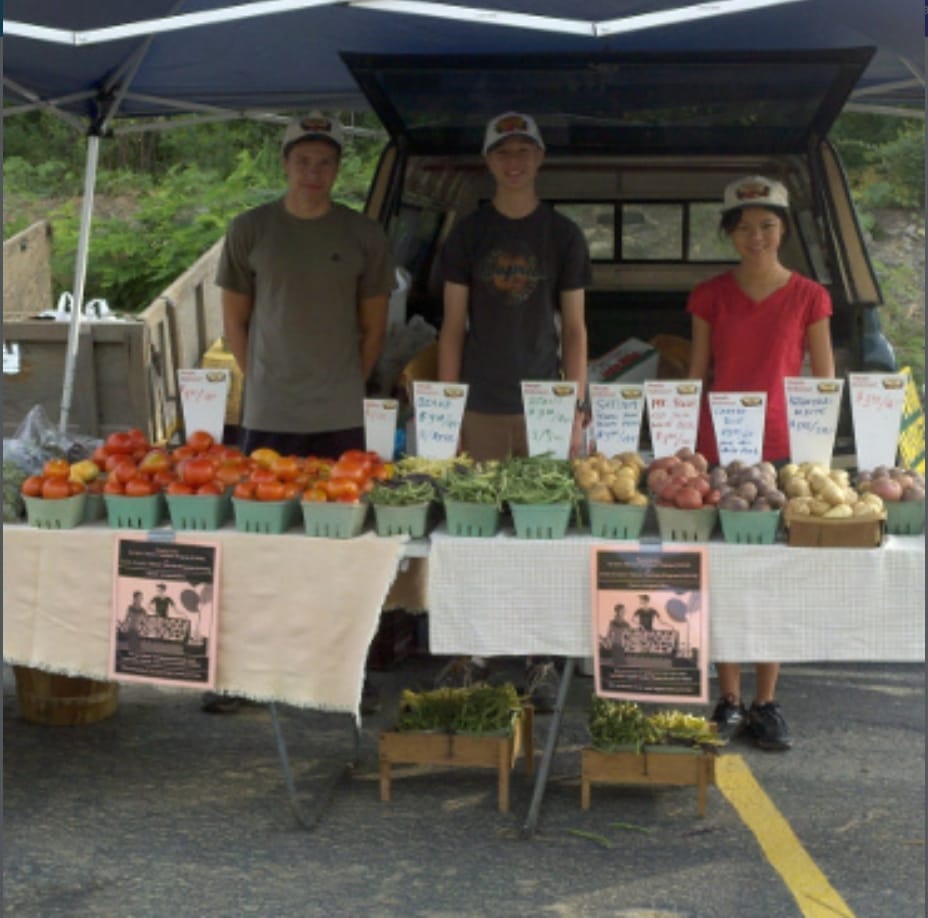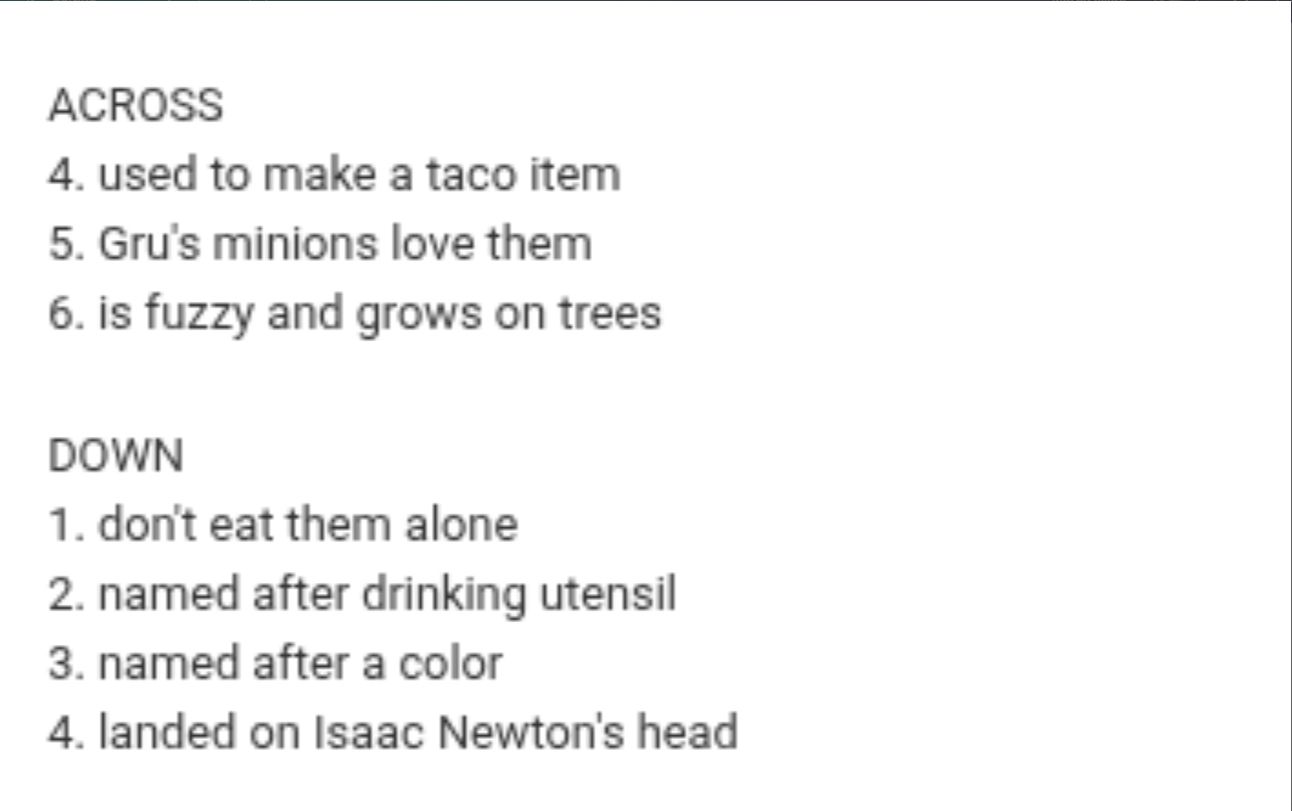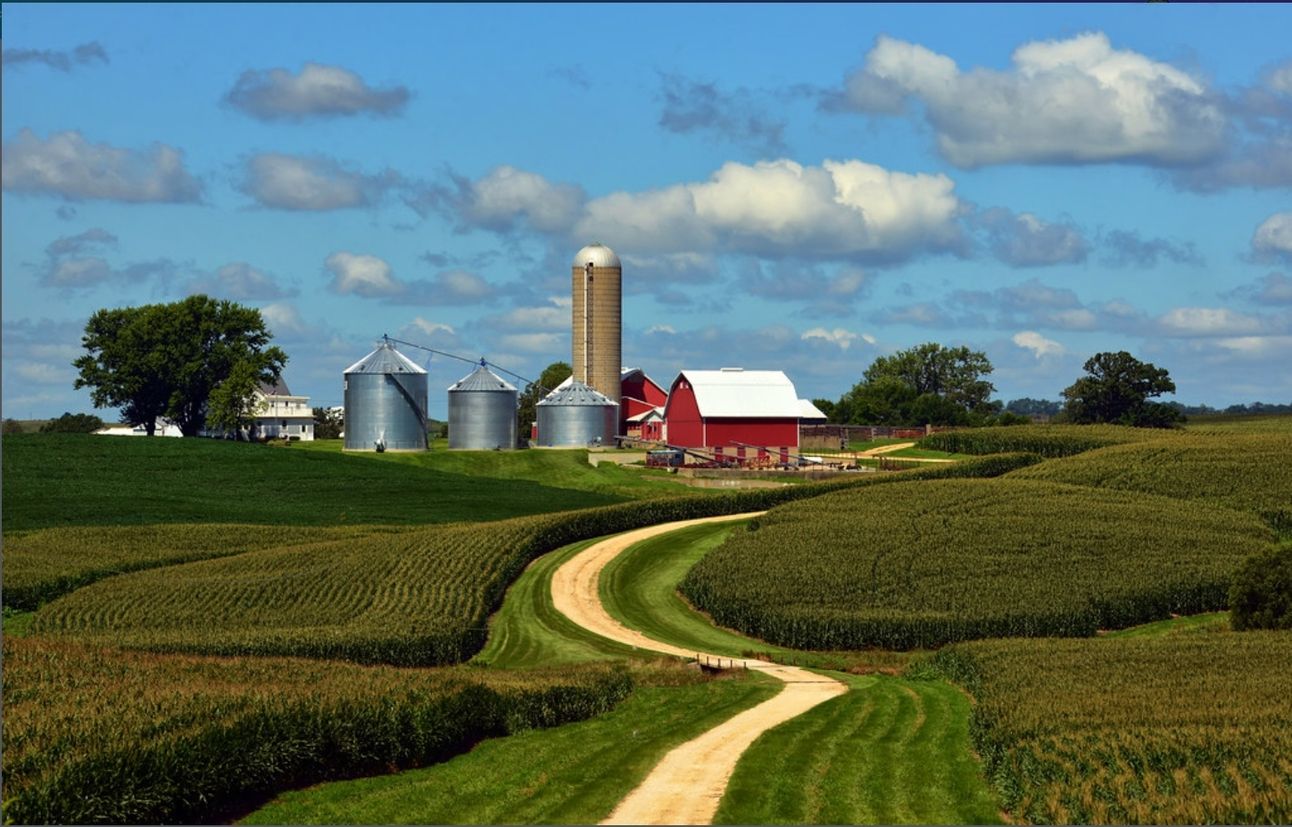Goat Scaping - How Can It Benefit the Environment
A new way of keeping unwanted plants has arisen - goat scaping. Goat Scaping is a way of using goats to eat away at weeds or invasive plants. But why are we using them? A study done by Associate Professor Federico Maggi showed that 730 metric tons of pesticides are found in our rivers every year. The struggle of getting rid of pesky weeds along steep hill sides leads many farmers and gardeners to simply dump amounts of harmful chemicals down the hills.
This is extremely harmful anywhere, but here in Pittsburgh it is becoming increasingly worrying for Environmental Conservationists. Our rivers are becoming more and more polluted each year. According to the Environmental Law & Policy Center. “The Ohio river is one of the most polluted rivers in the U.S”. The hills that surround the river are constantly riddled with unwanted invasive plants. Many people have tried to find alternate solutions for this issue, but it seems there didn’t seem any right solution...until Allegheny GoatScape came along.

Allegheny GoatScaping’s Goat Team Eating Unwanted Plants
The goats have the job of eating away all the weeds and unwanted plants in the area they are assigned. Allegheny GoatScape has 4 different herds, all extremely dedicated to their craft. They are fenced in to where the client wants them to clear and can be in the spot for a few weeks at a time. All the herds are accompanied by a miniature donkey who protects them from predators like coyotes. Donkeys have a herd instinct which makes them fierce protectors of their goat friends. Goats aren’t just an Eco-friendly option, they’re also cheaper than heavy machinery that people use to dump the chemicals. Goats are masters at navigating tough and rocky terrain, making the steep hills a perfect job for them.
Allegheny GoatScaping is a nonprofit organization with one mission: to help the world transition from harmful chemicals to eco-friendly goats. They started in 2017 with the name Steel City Grazers. Their original herd was started in 2015, led by Hobo the miniature donkey. Over the years they have gained 3 new herds, Team Diamond, Team Sunshine, and Pete & The Golden Goats. The largest herd, Team Diamond consists of 16 goats. Each goat has their own distinct personality, something that delights all the volunteers and workers of the organization. You can help their mission by volunteering or donating to the goats. By sponsoring a goat, you donate specifically to the chosen goat (or miniature donkey) to support them in their mission. There aren’t currently any available for individual sponsoring right now, but they expect to have new goats soon in 2025.
This idea is critical in the movement of climate justice. Pesticides are extremely harmful for the rivers in Pittsburgh and the environment in general. When used in large amounts on hillsides they enter rivers like Ohio and cause immeasurable damage. These goats serve as an eco-friendly alternative. They are part of the natural world, meaning they will not cause any damage to the climate. GoatScaping is a new eco-friendly way of clearing unwanted plants from steep hills.
Morris Organic Farm
This small family-owned business is thriving with amazing organic produce. They have all kinds of vegetables ranging from beans to herbs and even hot peppers. These crops are ready to be enjoyed. Why would you want store-bought peppers from a far-off factory when you could have fresh healthy produce from your own state? Morris Organic Farm is located in Westmoreland County, their address is 110 Slebodnik Rd, Irwin, PA 15642. Be sure to visit them while their delicious fruits and vegetables are still in season!

They’re working on selling all their produce on the table
Seasonal Update
The new season is on the rise as spring begins in Pittsburgh. The frigid weather is finally thawing off to make way for beautiful blooming flowers. The time for picking flowers and produce has come to the world! As the new season starts there are many delicious items starting to come in season.
Flowers | Produce | Fruits |
|---|---|---|
Snowdrop | Cabbage | Strawberries |
Tulip | Asparagus | Lemons |
Daffodils | Broccoli | Apples |
Crocuses | Garlic | Kiwi |
Allium | Peas | Apricots |
Hyacinth | Onions | Banana |
Azaela | Turnips | Limes |
Produce Crossword


Putting Fertility Back in Your Soil
As winter ends many farmers are wondering why their soil fertility has gone down all of a sudden. As spring approaches, it is important to start planting new crops, and for that to work properly fertile soil is vital. Nitrogen depletes from soils when the soil is moist and suddenly before warm during the spring. This happens because more Nitrogen is in the nitrate form, and it never gets turned into Nitrogen due to the weather. Having decreased rates of Potassium and Phosphate in the fields is a bad way to start the new season. But what are some organic ways to fix the problem?
While Nitrogen is important for the crops, it is still vital to respect the Nitrogen Cycle. However, there are some ways to put Nitrogen back into the soil without disrupting the natural cycle by dumping artificial ones into the field. One way to do it is to get manure from the animals on the farm. Cow manure can contain up to 15 pounds of the farm chemical Nitrogen. Another option is using compost. In order to use compost without having to meet a time limit it is required to have 25 carbons for every one Nitrogen, or 40 carbon for everyone. The temperature must be between 131 and 170 Fahrenheit for at least 15 days.
Potassium is another necessary ingredient for the soil of a healthy field. It can be found in many rocky substances like granite dust. The dust can have up to 5% potassium depending on the amount of minerals in it. This can be a good option for potassium because a large bag of granite dust can contain a lot of potassium and can be easily spread throughout the field. Another way to get potassium is with green sand or scientifically called glauconite. This can work well when you need the chemical, and it is also sold at relatively cheap prices. Green sand can contain up to 7 percent potassium.

Phosphate is included in all fertilizers for crops, however there are extra ways to ensure your crops receive the right amounts. It's easier to access clay phosphates than it is to get rock phosphates because it takes longer to extract the nutrients from rock. Bone Meal generally contains 27% phosphate chemicals. It can be a viable option when looking for ways to increase the amount of Phosphate in the cycle of your plant’s growth. It is harder to get phosphate from rock because the process means turning the minerals to water substance, and often the chemical fails to become that form.
There are many ways to include the chemicals you need for your plants. Phosphate, Nitrogen and potassium are essential ingredients for raising thriving crops. Using many different ways can help you explore all the options so you can find the best one for your field.
Science Corner - What is pH?
pH measures the amount of acid in the soil of a field. When farming it is extremely important to pay attention to the amounts of pH in the dirt where the crops grow. The reason being that if there is too much pH in the field then the plants won’t do well. Metals and pH have a direct relationship with each other in the soil, when one goes up so does the other. Plants will not be able to grow when there are too many hard metals around them. Aluminum and Manganese can be toxic to crops in high amounts. If the pH is less than 7 it is called acidic.
However, when the pH is low in the soil it can as well be harmful. pH is important because it offers significant elements to the plants. These certain elements help the crops to thrive and grow well. But when there is too little pH, the plants miss out on these healthy elemental properties. When the soil is higher than 7 that means the crops won’t be acidic. It is important to keep a balance between pH in the soil.
Crossword Answers
Across: Avocado, Banana, Peach
Down: Lemon, Strawberries, Orange, Apple
Credits
20 Ways to Boost Soil Fertility, by Klaas and Mary-Howell Martens, Rodale Institute
What Flowers Are in Season in March? by Chad Kremp, Kremp Florist
(Website) Allegheny GoatScape
(Website) Morris Organic Farm
PH Uses and Facts, Editors of Britannica, Britannica
Note from the Bleater
This is the very first issue of The Daily Bleat. I am proud that this newspaper will start taking off into the public as of March. In this issue there are special topics which I hope farmers and urban city livers will find good use of. The mission of The Daily Bleat is to connect country farmers and people live in the city to form a community. Community is very important, especially when it is about information. Without solid friendship between people nobody will ever be able to pass knowledge. Farmers have trouble communicating with each other because they live in the country, far from most of civilization. However, newspapers can reach all corners of the countryside. So do whatever floats your goat.
-Bleater in Chief, Clover Mahon


